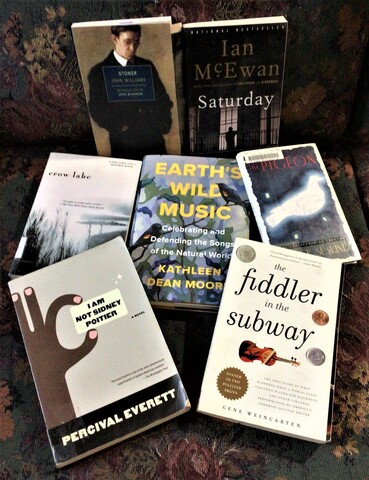
I didn't go to grad school because frankly it never occurred to me. At the age most people enroll in MFA programs, I was zipping around NYC auditioning for acting roles and writing short stories and plays in my alone time. I didn't talk much about the writing, but once I mentioned it to a colleague when I had a menial job at an arts council and he asked why I didn't write a novel. Glibly but honestly I replied, "Because I'm too young." I knew I had so much to learn that I didn't even know what I didn't know, so certainly I wasn't mature enough to write a novel.
Now that I'm an old writer with some published novels, even though I still struggle to get my work seen and have none of the foundation contacts that MFA students start building during their student days, I'm still glad I took a different route.
I read voraciously and though some MFA grads produce good work out of the gate, I find many such first novels to be a little forced and self-consciously literary—the kind of thing that I associate with workshop students being praised by a teacher and one another for finding their original voice, for crafting esoteric observations, for being imaginative. And this group reinforcement results in a kind of groupspeak of self-conscious vocabulary and "insights" as well as endless stream-of-consciousness literary-sounding lists that I hear in my mind's ear in the droning monotone affected by certain writers giving readings of their work.
I've learned my craft and continue to learn by osmosis—by reading fine writing and getting feedback on my work from individuals I trust. Also, earning my living an editor of other people's work has been a boon to my own. I notice things as an editor does and, when inspired, steal like a pickpocket, morphing inspiring bits in the throes of my own creation so that you would never recognize their source.
Here are a few books that have been my teachers. Read More
